Researchers at Nature have developed a comprehensive echocardiogram evaluation system utilizing view-primed vision language AI, known as EchoPrime. The AI model is trained on over 12 million video-report pairs, enabling it to accurately map the relationship between echocardiographic views and anatomical structures. EchoPrime uses contrastive learning to train a unified embedding model for all standard views in a comprehensive echocardiogram study, representing both rare and common diseases and diagnoses.
According to the study, EchoPrime's multi-view, view-informed, video-based vision-language foundation model has the potential to streamline manual tasks and improve reproducibility and precision in echocardiography. The AI system's ability to synthesize complementary information from multiple views captured during a full exam could lead to better diagnostic accuracy and more effective treatment plans for patients with cardiomyopathies.
EchoPrime's developers, who published their findings in Nature, emphasized the significance of their work in addressing the limitations of current echocardiography AI models. "Most echocardiography AI models are single-view, single-task systems that do not synthesize complementary information from multiple views captured during a full exam," said Dr. [Name], lead author of the study. "Our goal with EchoPrime was to create a more comprehensive and accurate AI system that can help clinicians make better diagnoses and develop more effective treatment plans."
The development of EchoPrime has significant implications for the field of cardiology, where echocardiography is the most widely used cardiac imaging modality. According to the American Heart Association, echocardiography is used to assess cardiac structure and function in over 10 million patients annually in the United States alone.
The use of AI in echocardiography has the potential to revolutionize the field, enabling clinicians to make more accurate diagnoses and develop more effective treatment plans. However, the development of AI systems like EchoPrime also raises important questions about the role of human clinicians in the diagnostic process and the potential risks and benefits of relying on AI for medical decision-making.
As the field of AI in cardiology continues to evolve, researchers and clinicians will need to carefully consider the implications of these technologies and work to ensure that they are developed and implemented in a way that benefits patients and improves healthcare outcomes.
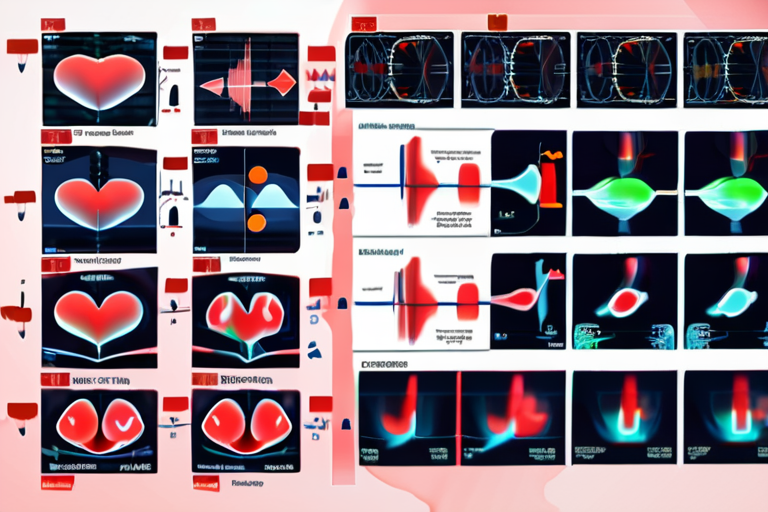


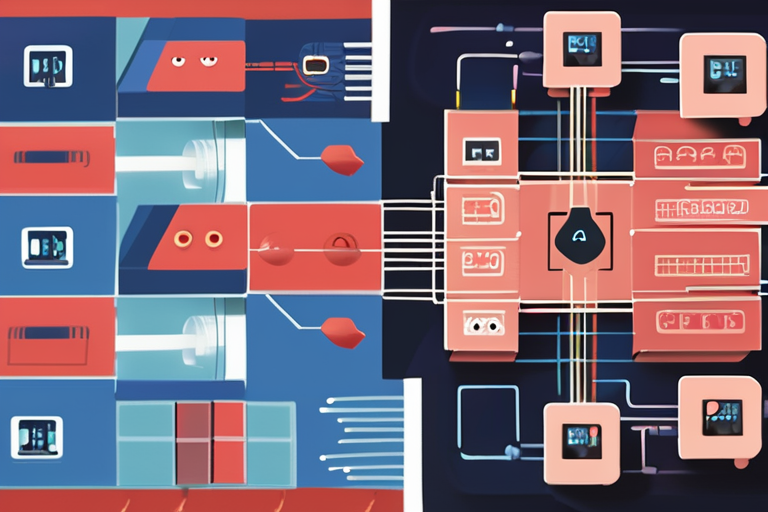

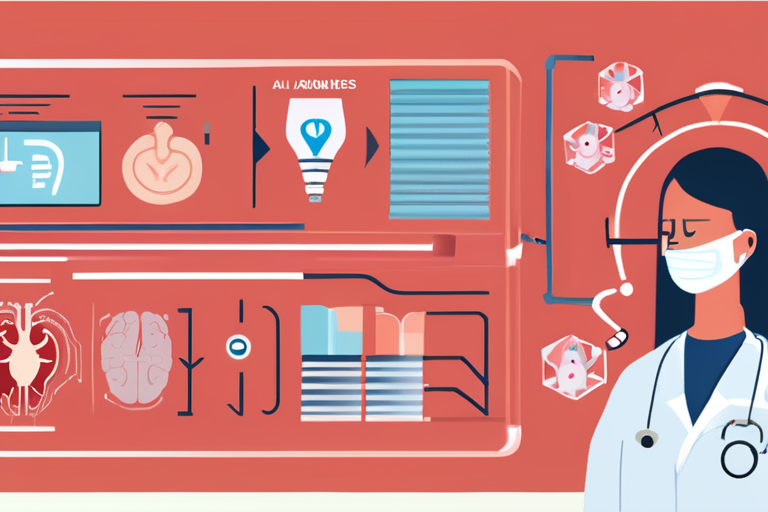
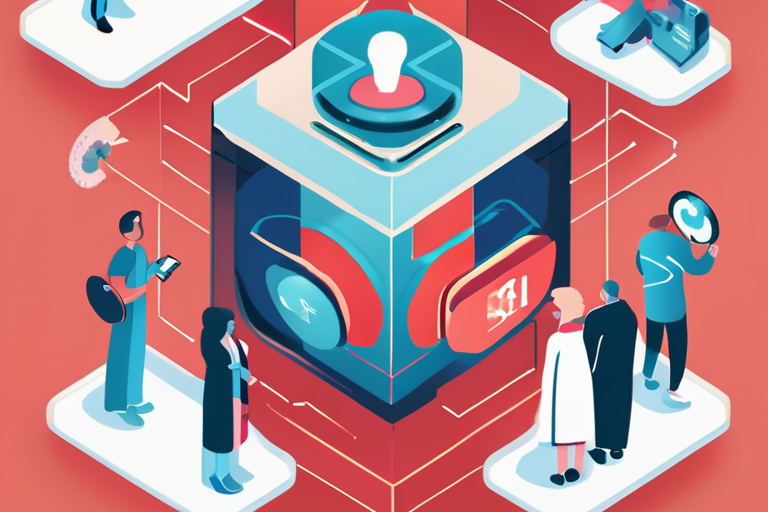
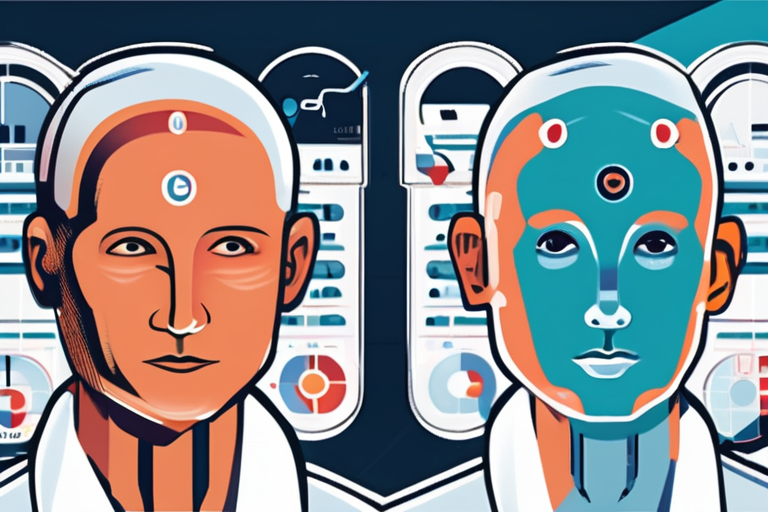


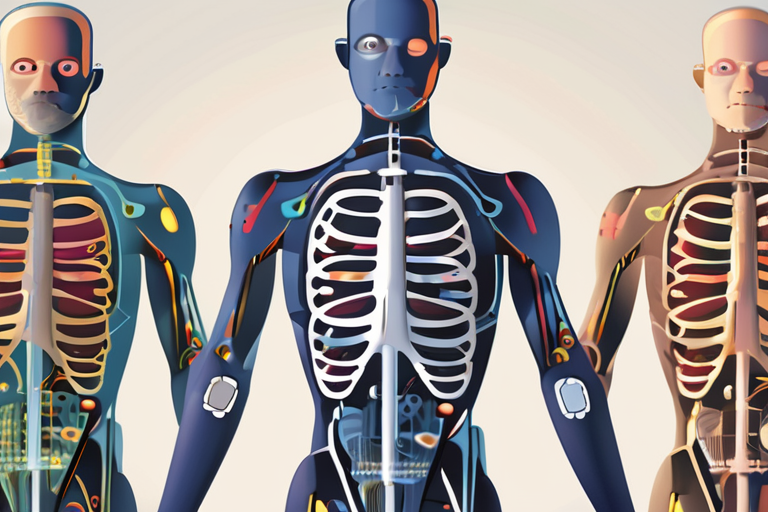
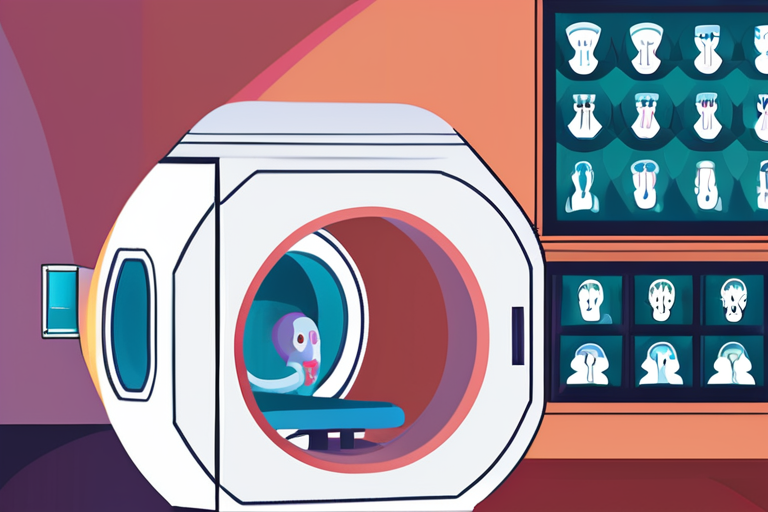
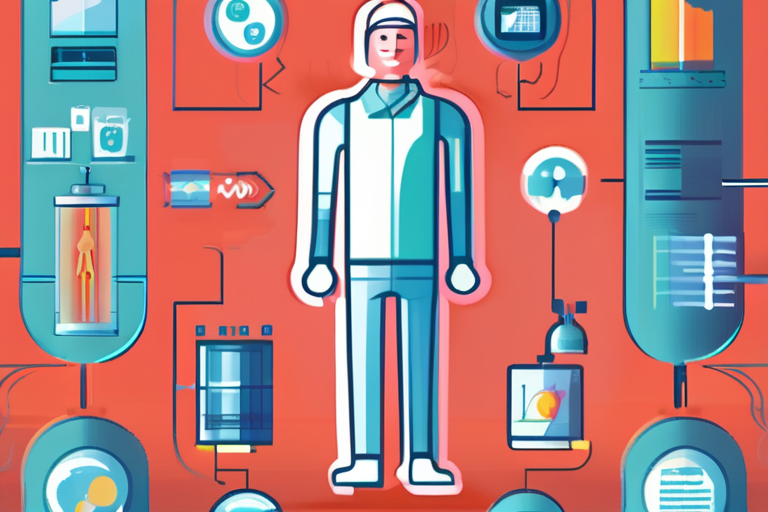
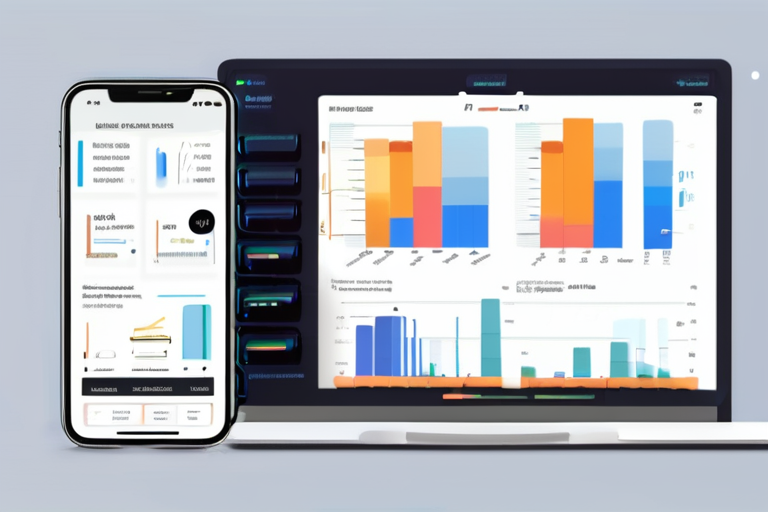
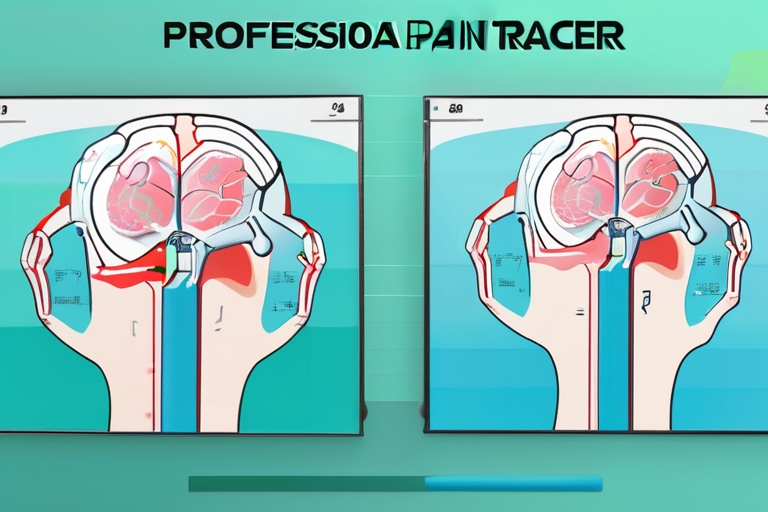
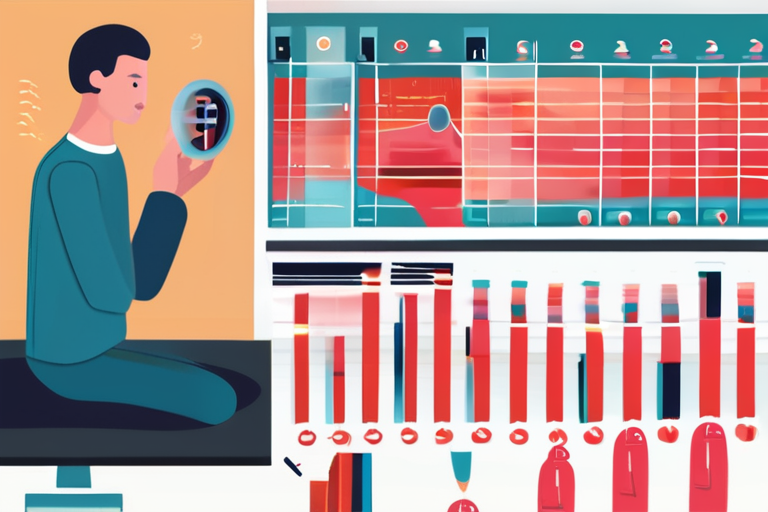

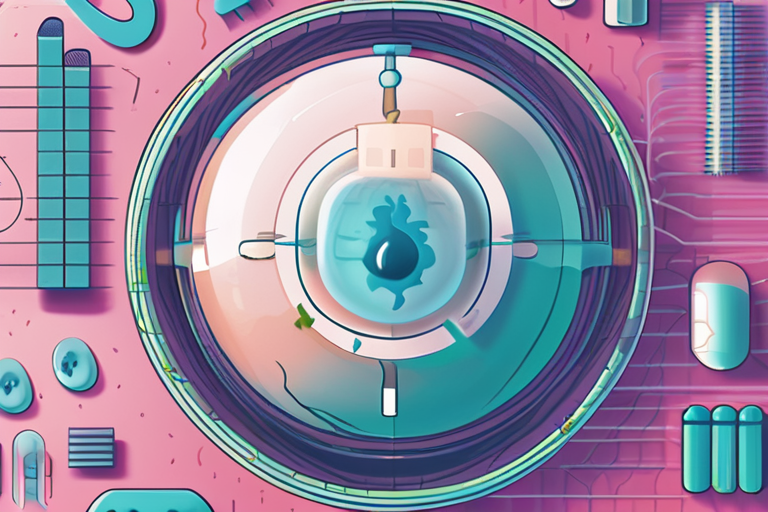
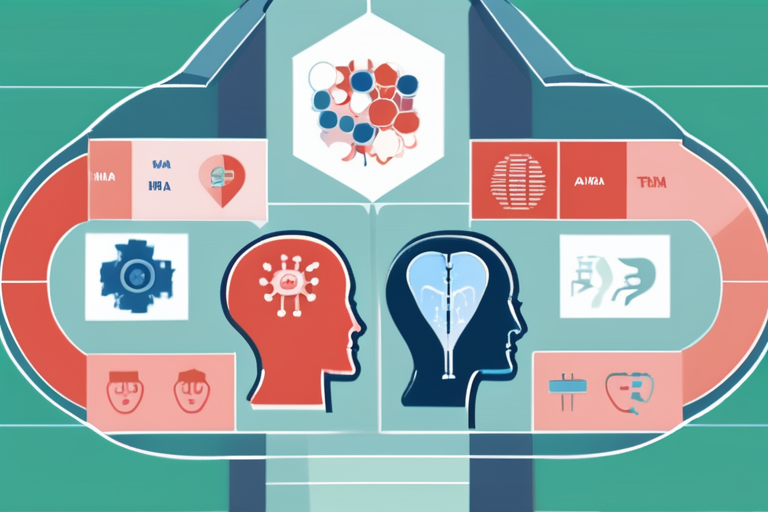

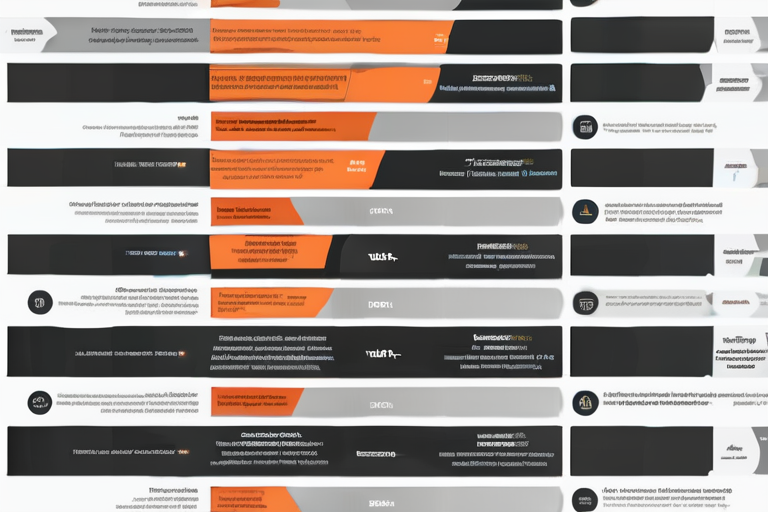

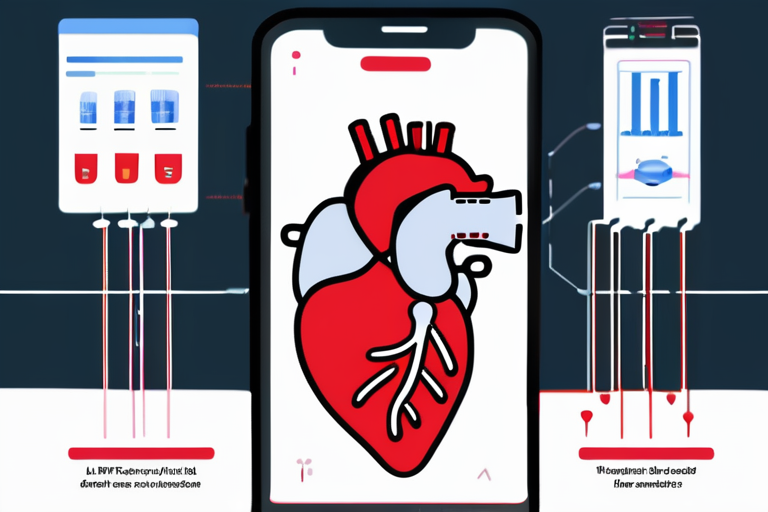
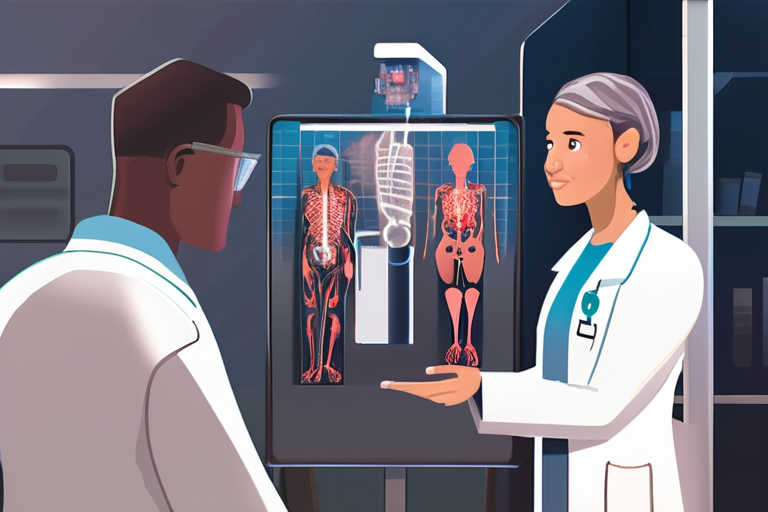
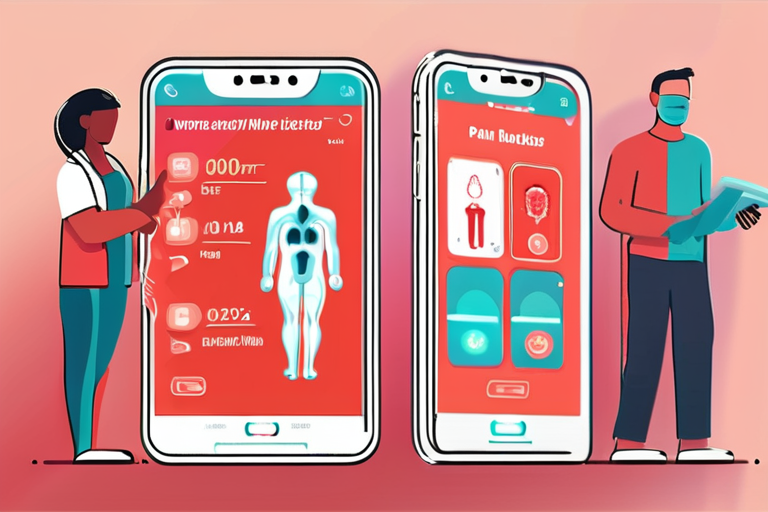
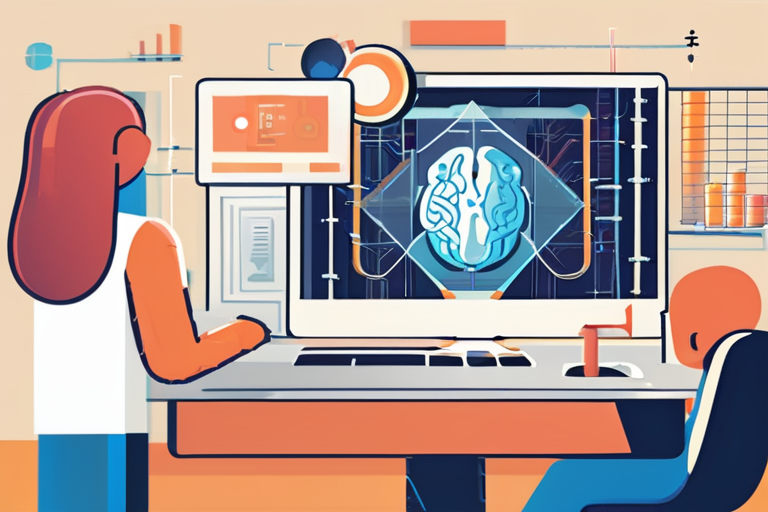
Share & Engage Share
Share this article